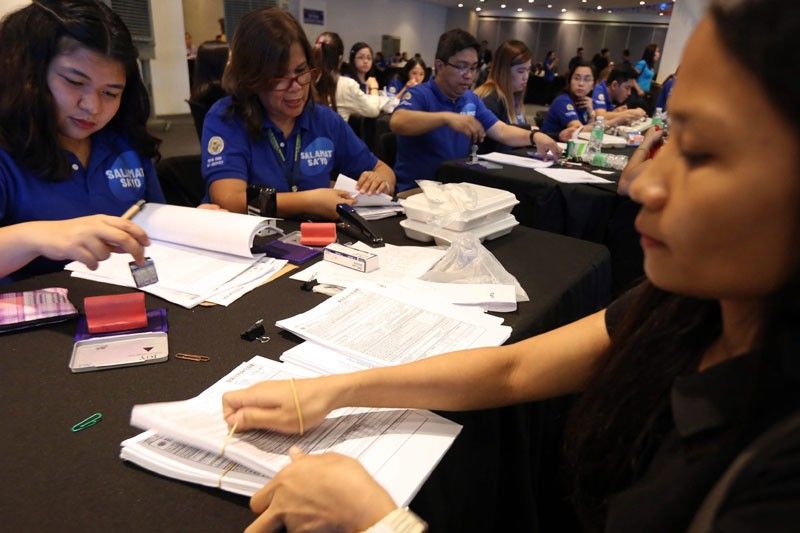BIR has P80 B in uncollected taxes

MANILA, Philippines — The Bureau of Internal Revenue (BIR) has some P80 billion in uncollected taxes in the past decade, which the government seeks to partially capture through the newly enacted Tax Amnesty Law, according to the Department of Finance (DOF).
In a presentation before the Tax Management Association of the Philippines (TMAP), Finance Undersecretary Mark Dennis Joven said the BIR still has a huge amount of delinquencies to be collected.
“From our research, there’s around P80 billion worth of delinquencies pending in the books of the BIR. And this is not moving, probably in the last decade or so. And if at all, it increases,” Joven said.
Furthermore, Joven noted the BIR has recorded a low batting average in terms of the tax evasion cases it has been able to win.
As such, the DOF official said the government saw the need for a mechanism which would be able to clear some of the delinquencies still pending in the BIR.
“We needed a mechanism to ensure that we clear the dockets and free the time of BIR employees to proceed against really errant taxpayers involving more recent cases,” he said.
He said Republic Act 11213 or the Tax Amnesty Act, recently signed into law by President Duterte serves this purpose. One component of the law is the implementation of a tax amnesty program on delinquencies.
“The tax amnesty on delinquencies intends to wipe the slate clean for availing taxpayers. It also helps the government unclog administrative and judicial dockets of slow moving cases,” he said.
According to DOF data, the tax amnesty program on delinquencies is projected to capture P21.26 billion or 26.58 percent of the total pending delinquencies in the BIR, once implemented this year.
“Not all 100 percent can be captured. There’s a percentage of it that are less likely to be collected, much like bad debt,” Joven said.
“But this is better than not collecting it at all,” he added.
Euvimil Niña Asuncion, director for legal and legislative at the DOF Strategy, Economics and Results Group (SERG), said pending delinquencies were classified into two segments--the “highly collectible” and “non-collectible” taxes--hence the computation.
“They (BIR) classified into two, the highly collectible and non-collectible. So they identified that by considering those (taxpayers) that cannot be located, already deceased, (establishments that are) already closed,” Asuncion said.
Aside from the tax amnesty on delinquencies, the law also authorizes the BIR to implement an estate tax amnesty program, which is seen to collect another P6.28 billion in additional revenues for the government.
In total, the Tax Amnesty Law is expected to raise P27.54 billion once implemented.
Joven said the amnesty program on delinquencies may be implemented this year first, followed by the estate tax amnesty program.
He said the government has already formed technical working groups to draft the guidelines for the two amnesty programs.
- Latest
- Trending



























